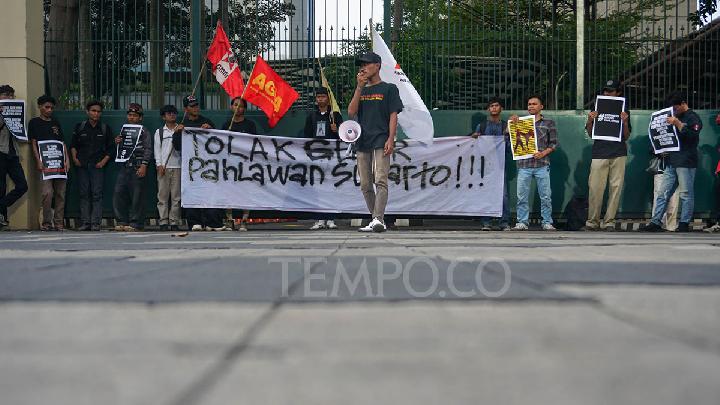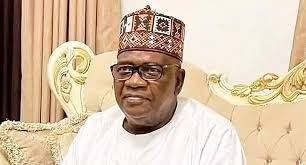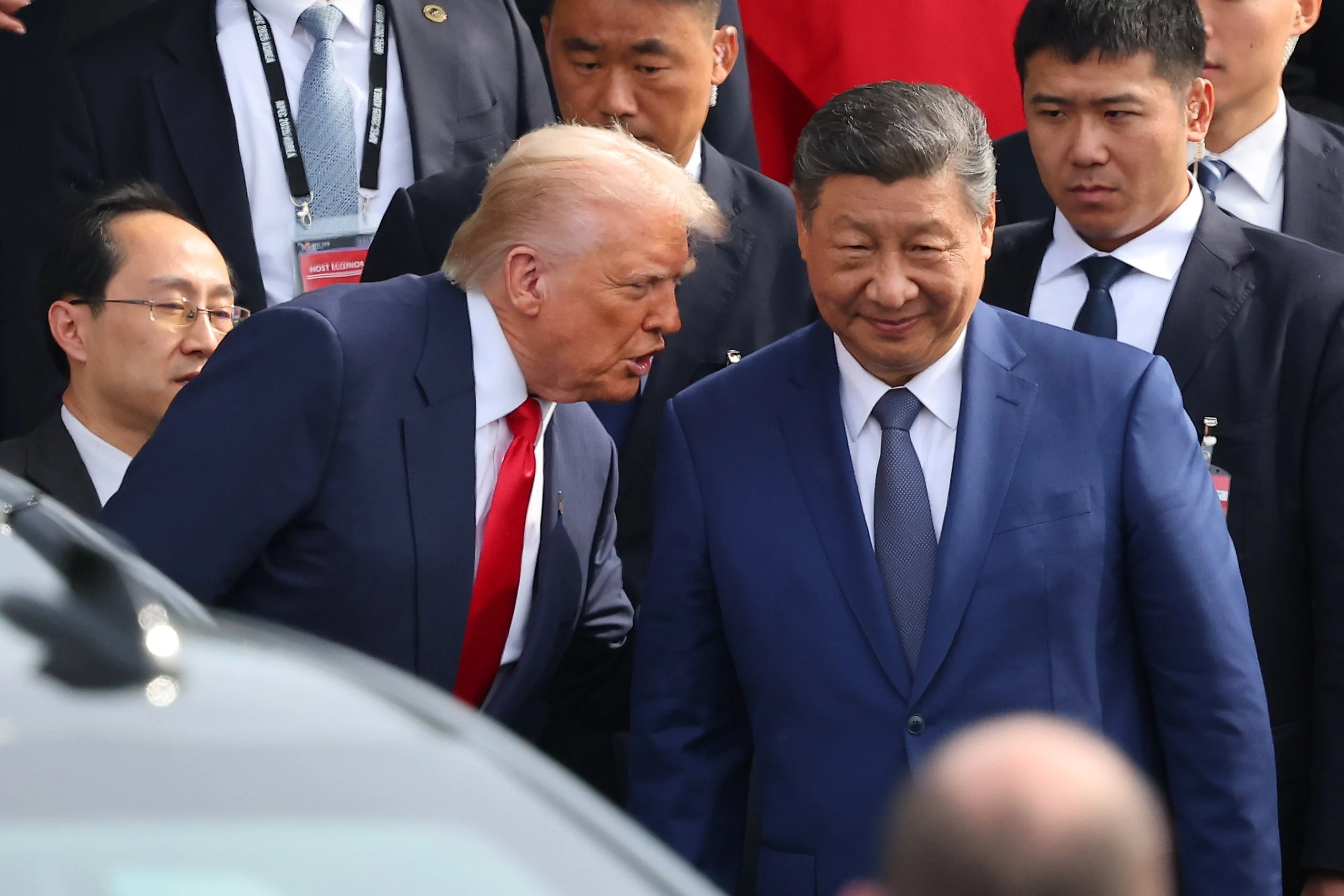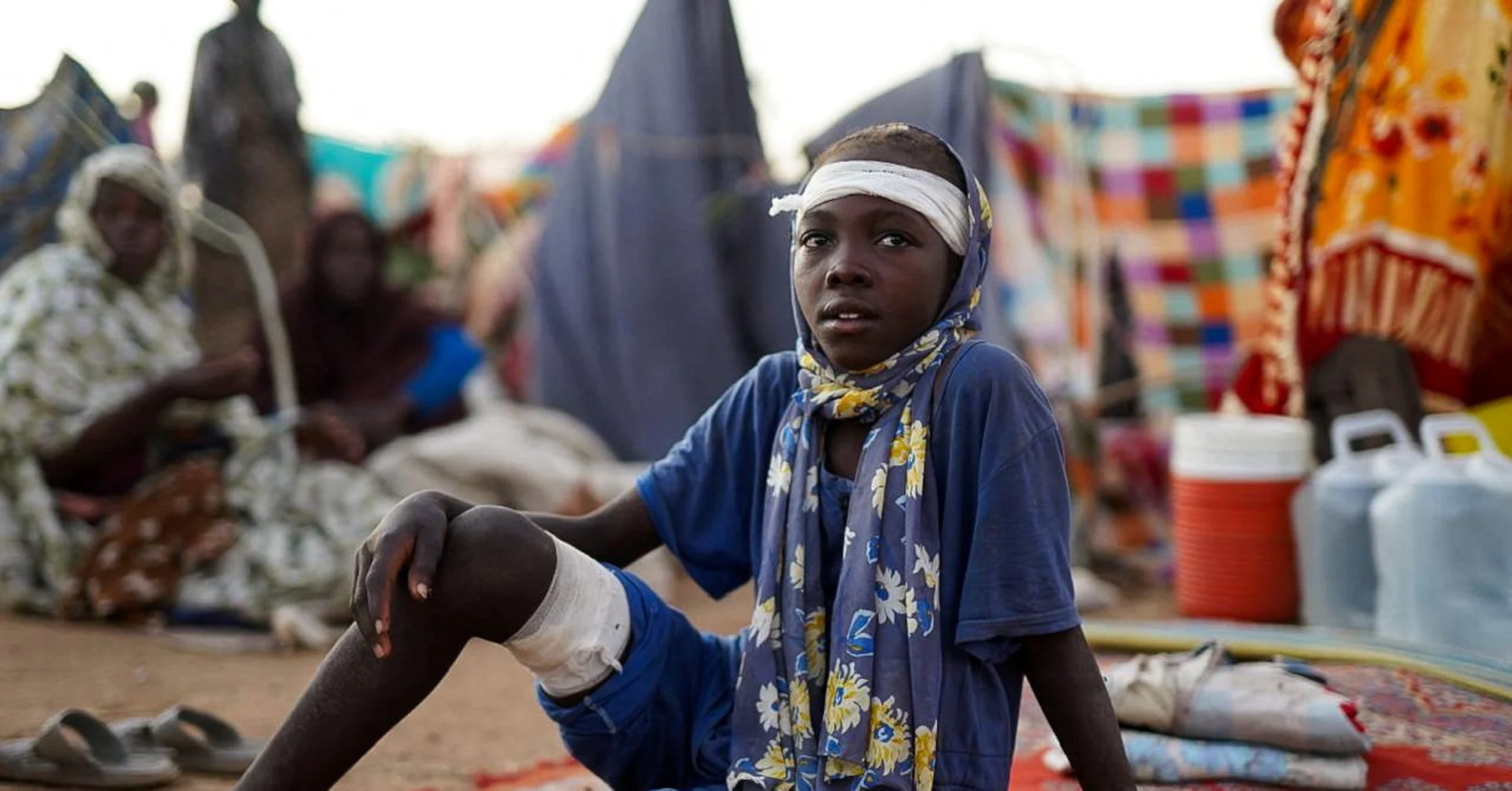Copyright tempo

TEMPO.CO, Jakarta - The media monitoring platform Drone Emprit has analyzed public reactions on social media to the recent decision to grant former Indonesian President Soeharto the national hero title.The study, conducted from October 20 to November 7, 2025, found that public opinion is divided, with most platforms showing positive sentiment, while X (formerly Twitter) reflects predominantly critical views.X Leads Critical VoicesIsmail Fahmi, founder of Drone Emprit, stated that most social media platforms reflected positive sentiment toward the title, with the notable exception of X (formerly Twitter), which has around 25 million users in Indonesia as of 2025.The monitoring period spanned from October 20 to November 7, 2025.“Public sentiment on X tends to be negative and has become a hub for criticism and resistance narratives,” Ismail said in a written statement on Drone Emprit’s website on Monday, November 10, 2025.On X, 63 percent of users expressed negative sentiment about Soeharto’s national hero status, while 27 percent were positive and 11 percent neutral.Negative narratives highlighted Soeharto as a symbol of corruption, collusion, and nepotism (KKN), resource exploitation, human rights violations, and the architect of the 1965-1966 genocide, as well as repressive policies against Islamic groups.Conversely, positive narratives on X emphasized Soeharto’s role in laying the foundation for Indonesia’s modern economy and maintaining food price stability.“X serves as a platform for users well-versed in history and politics. Discussions here go beyond nostalgia, focusing on evaluating Soeharto’s legacy,” Ismail noted.Facebook: A Space for NostalgiaFacebook, with 174 million users, showed the highest positive sentiment, with 80 percent supporting the national hero title for Soeharto. Only 9 percent expressed negativity, and 12 percent were neutral.“Facebook remains a space for the generation that lived during the New Order era. Positive narratives celebrate Soeharto as a central figure in Indonesia’s modern history, credited with economic stability and food self-sufficiency,” Ismail explained. Negative sentiment primarily cited human rights violations and corruption.“For many users, Facebook has become a platform for nostalgia and reflection on past order amid today’s uncertainty,” he added.Instagram Shows Mixed ReactionsInstagram, with 103 million users, displayed more mixed reactions: 56 percent positive, 29 percent negative, and 12 percent neutral.Positive posts highlighted Soeharto’s contributions to infrastructure and economic growth, as well as broad support for his national hero title.However, 29 percent of content questioned his human rights record and leadership ethics.“Instagram users, particularly younger generations, recognize achievements but demand moral accountability and historical justice,” Ismail said.YouTube: Analytical and Reflective DiscussionsYouTube, with 143 million users, functioned as a space for more detailed and analytical discussion. Positive content, making up 62 percent, focused on economic stability and inflation control during Soeharto’s era.Meanwhile, 35 percent of content criticized corruption and human rights abuses, arguing that the national hero title undermines the spirit of the 1998 Reform.“YouTube allows for reflective, longer-form narratives where the public can critically reassess history,” Ismail observed.TikTok: Emotional and Visual StorytellingOn TikTok, with 108 million users, 77 percent of content reflected positive sentiment, portraying Soeharto as a strong, competent, and decisive leader.Many videos connected the New Order era with stable commodity prices and peaceful local communities. Meanwhile, 12 percent of negative content emphasized human rights violations and corruption.“TikTok’s emotional and visual approach presents history as a compelling story rather than an ideological debate,” Ismail explained.Overall, the study highlights how perceptions of Soeharto’s legacy vary across platforms, reflecting generational differences, media formats, and user engagement styles.Editor’s Choice: Legal Experts: Soeharto's National Hero Title Could Be Challenged in CourtClick here to get the latest news updates from Tempo on Google News



